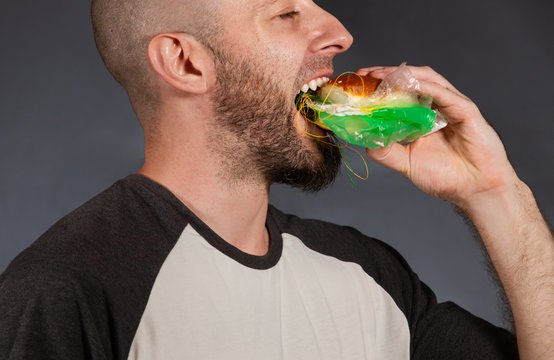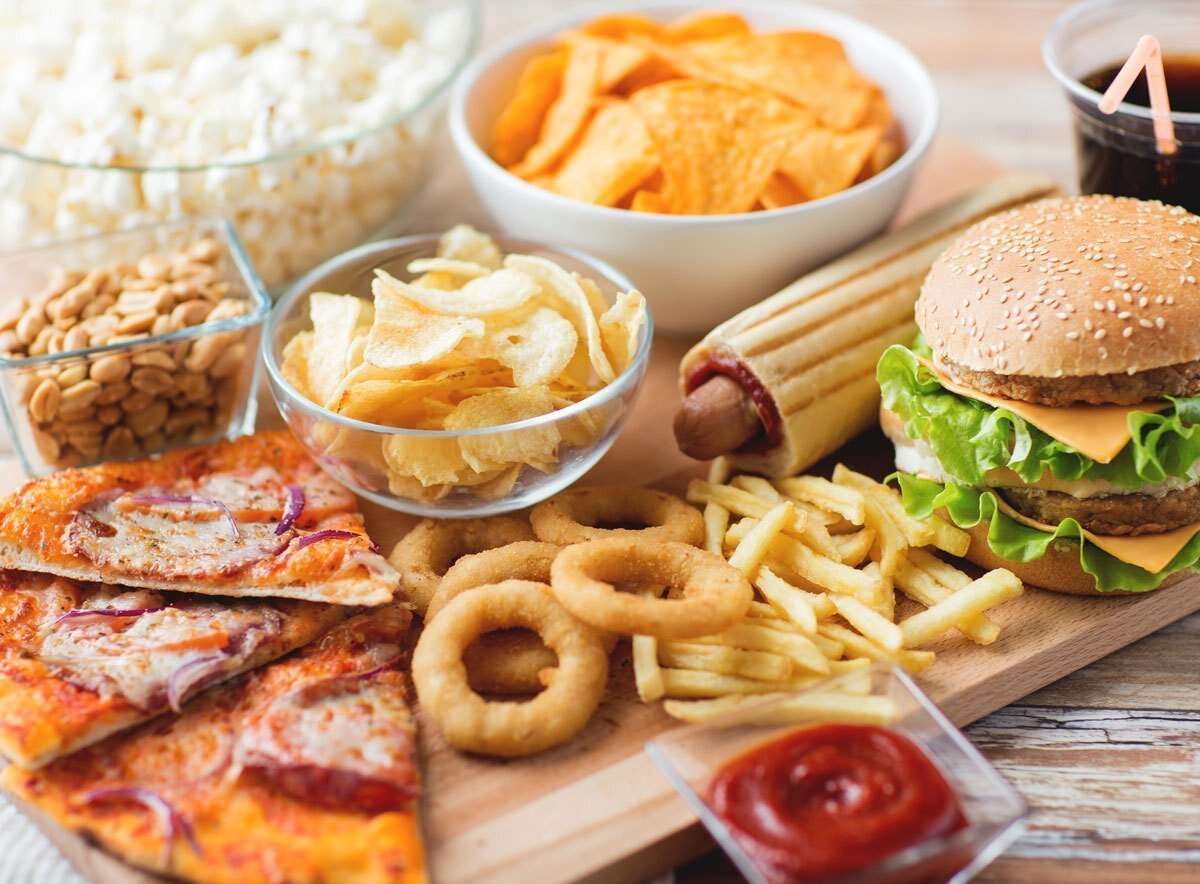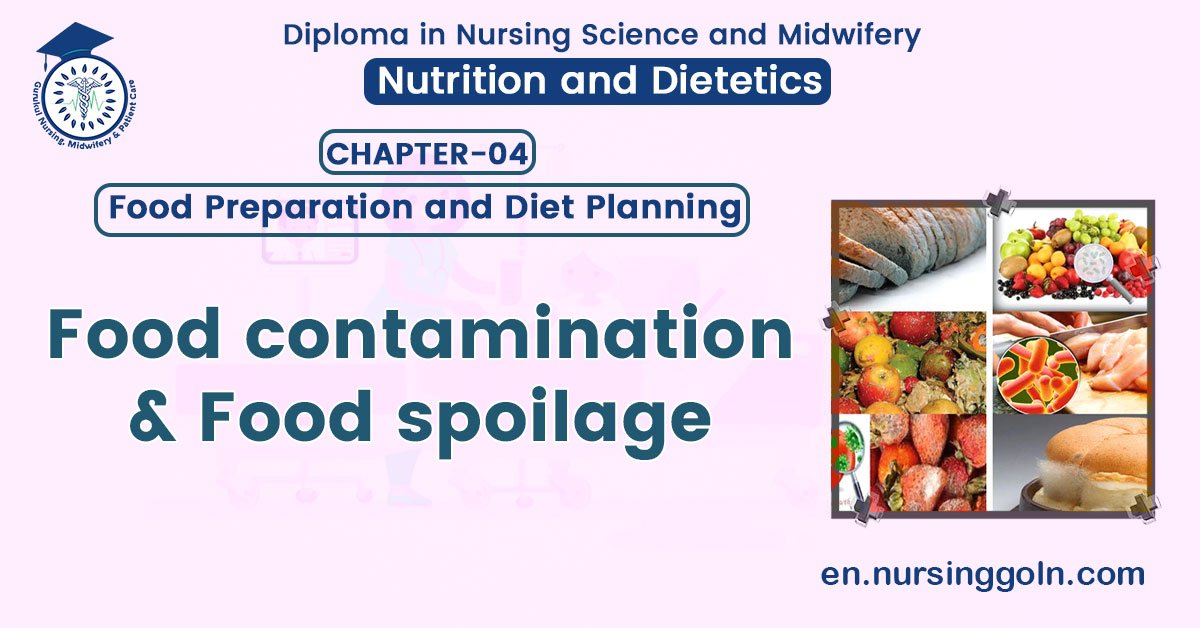Food contamination & Food spoilage – This book covers the entire syllabus of “Nutrition and Dietetics” prescribed by BNMC-for all Diploma in Nursing Science and Midwifery students. We tried to accommodate latest information and topics. This book is examination friendly setup according to the teachers’ lectures and examination’s questions. At the end of the book previous university questions are given. We hope in touch with the book students’ knowledge will be upgraded and flourished. The unique way of presentation may make your reading of the book a pleasurable experience.

Food contamination & Food spoilage
Definition of Food Contamination:
Food contamination refers to food that has been corrupted with another substance – either physical, biological or chemical.
Or.
Food contamination refers to the presence in food of harmful chemicals and microorganisms which can cause consumer illness. This article addresses the chemical contamination of foods, as opposed to microbiological contamination, which can be found under foodborne illness.
Micro-organisms are carried to food by:
1. Hands.
2. Flies, cockroaches and other insects.
3. Rats, Mice, Chickens and other animals”
4. Dirty containers and dishes.
(Ref: Nutrition for Developing Countries/2/65)
Important reasons for food contamination:
1. People prepare food with water which contains human or animal faeces.
2. People who prepare food do not wash their hands before they touch the food.
3. People keep cooked food warm for hours before they serve it.
Other reasons for food contamination:
1. Food can be contaminated if fall in the ground.
2. Raw food can become contaminated due to dust or pollution
3. Food kept in dirty dishes.
4. Keeping food open for a long time,
5. Flies and other pests may contaminate food.
(Ref: Nutrition for Developing Countries/2/65-66)
Prevention of contamination of food:
1. People who handle, prepare and serve food should wash their hands well, with clean water and soap.
2. They should always keep any finger wounds bandaged cleanly
3. The tables or other surfaces on which food is prepared and the utensils used should be kept clean
4. Show the women who prepare food at home how to wash and dry their hands properly and to clean their nails.
5. Show the people who work in the restaurants and food shops how to wash and dry their hands properly.
6. Ask the village chief to remind the people in the community from time to time to wash their hands before they touch food, especially after they have been to the latrine.
(Ref: WHO)
Food Spoilage
Food spoilage is a state in which food is deprived of its good or effective qualities. Deterioration or spoilage starts from the time food is harvested, slaughtered or manufactured and results in undesirable changes in the physical and chemical characteristics of food.
Principles of food spoilage:
As the principles of spoilage agents are normally present in foods, destroying them or preventing their development is the chief problem of food preservation. Any condition opposed to the development of these organisms whether by retarding their growth or by entirely destroying them aids in the preservation of food.
Causes of food spoilage:
1. Growth and activity of microorganisms such as bacteria yeast and moulds.
2. Activities of food enzymes and other chemical reactions within the food.
3. Non-enzymatic reactions in food such as oxidation and mechanical damage.
4. Inappropriate temperatures for a given food.
5. Gain or loss of moisture.
6. Reaction with oxygen and light.
7. Insects and rodents.

Mechanism of spoilage of food:
1. Food is spoiled when it becomes unfit for human consumption.
2. Physical and chemical changes by food spoilage agents.
3. Spoilage agents:
- Microorganisms.
- Enzymes.
- Chemicals.
- Physical agents.
- Insects, parasites and rodents
